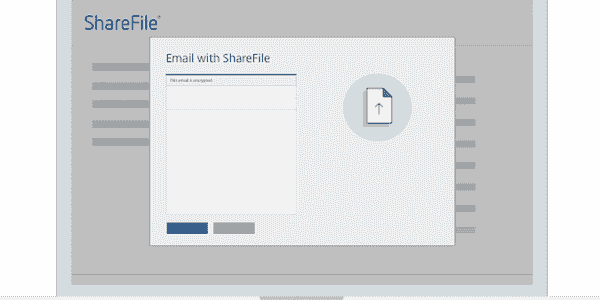TAX CONSULTATION AND TAX PREPARATION
Business, Estate and Trust, Individual Returns and more.
Business, Estate and Trust, Individual Returns and more.
38 Sire Stakes Drive, Tinton Falls, NJ 07724

Regular Emails - susan@susanefishercpa.com
Secure Document Sending: https://www.clientaxcess.com/sharesafe/#/LGbJeU
Office 732-389-9439
Cell 732-778-9604
TAX SEASON STARTS FEBRUARY 12TH THIS YEAR
The IRS on Friday announced that it will start accepting and processing 2020 tax returns on Friday, Feb. 12. This is later than in most previous years, when tax season has started in January. The IRS says the delay is due to the extra time it needs for programming and testing its systems following the tax law changes made by the Consolidated Appropriations Act, 2021 (CAA 2021), P.L. 116-260, which was enacted Dec. 27.
STIMULUS CHECKS
Under the Coronavirus Aid, Relief, and Economic Security (CARES) Act, most Americans received a stimulus check in 2020 for $1,200 ($2,400 for couples filing jointly), plus $500 more for each child under age 17. The payments were phased out for joint filers with adjusted gross incomes above $150,000, head-of-household filers with AGIs above $112,500, and single filers with AGIs above $75,000. (To see how much you should have received, use our Stimulus Check Calculator.)
Technically, your stimulus check was an advance payment of a special 2020 tax credit known as the recovery rebate credit. When you file your 2020 return, you'll have to reconcile the stimulus check you received with the recovery rebate credit you're entitled to claim. For most people, the stimulus check payment will equal the tax credit allowed. In that case, your credit will be reduced to zero. However, if your stimulus check was less than your credit amount, the tax you owe will be reduced by the difference (and you might even receive a refund). And if your stimulus check was more than your credit amount, you generally won't have to repay the difference to the IRS. (Also note that the stimulus check payments are not taxable!)